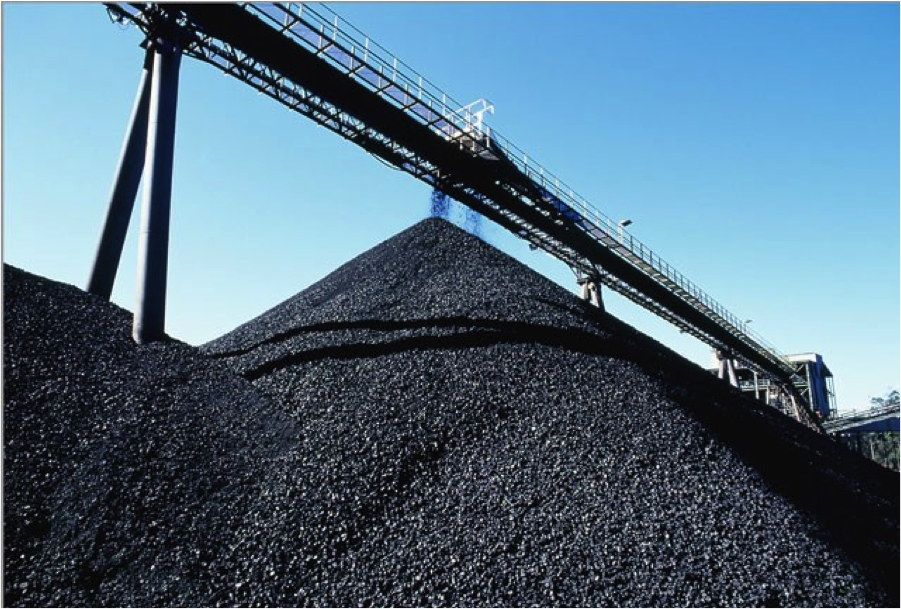Capitalizing on Coal
The first convicts sent down under arrived in 1788, and within twenty years, capitalizing on the land’s natural resources, they were exporting coal to India. A carbon economy is part of the Australian culture, and recent attempts by the government to regulate emissions have polarized both society and political leaders. Both advocates and opponents of a carbon tax credit have organized rallies over the past two years. More recently, however, tensions between the two groups have escalated with government plans to push ahead with the development of the nation’s coal seam gas industry. Coal seam gas, a form of natural gas extracted from coal beds, has the ability to make Australia one of the world’s largest energy exporters. At the same time, it has the potential to create a social and environmental catastrophe. Fracking, the method used to extract the reserves, is a doublet threat. It not only pollutes groundwater, jeopardizing the livelihoods of the millions who depend on it for agricultural and domestic purposes, but it also brings less obvious health and environmental dangers in the form of gas escaping to the surface.
Politicians such as Jeff Seeney, the Deputy Premier of Queensland, have taken a strong stance on the issue, citing the benefits exploiting coal seam gas will bring to the Australian population. In fact, Australian law bans individual landowners from preventing industrial development of natural resources on their land, maintaining that these resources belong to the Australian people. One of the most popular protest movements today, Lock the Gate, advocates landowners barricade their entrances as an attempt, even if often fruitless, to impede developers keen on exploiting the greatest amount of gas reserves.
The legal issues here draw an interesting contradiction. Although Seeney is technically correct in stating that nobody has the legal right to stop the general population from benefiting from the coal seam gas industry, he doesn’t seem to believe that the pollution of the Great Artesian Aquifer, the vast groundwater reserve most inland citizens rely on, might prevent contemporary and future Australians from benefiting from this resource.
Others have noticed this inconsistency, and have taken to the streets in one of the most dynamic environmentally minded protest movements in the world. On the other hand, the pro-development movement is just as vibrant. Yet what is most interesting about the two groups is the extent to which they encompass members of Australian society. “I am seventy-four years old… I have never protested anything in my life,” an anonymous anti-carbon tax protester said at a rally over the summer of 2011. Environmental groups also attract “grannies” to their protests, as well as mothers, fathers, academics, workers and concerned citizens.
The extreme divides that separate the Australian population are typical of countries caught between environmental preservation and rapid, albeit polluting development. Yet within this heated atmosphere another group, one that advocates apathy towards environmental issues, threatens to settle the debate without heed of the possible ecological consequences. Tim Blair, a writer for the Australian Telegraph, stated in an interview with Al Jazeera in 2012 that “we could subtract the entire of Australia, and it won’t make any difference to projected carbon dioxide levels… Why will taking a tiny percentage of what we produce out of the picture make any difference? Except of course to our economy, our industry, our employment, our futures.”
Australia, under the leadership of Julia Gillard, has a unique position on the fence of the climate debate. A pioneer in the carbon tax credit system, Gillard’s proposition could change the way we think about our emissions and the responsibilities we have to our environment. At the same time, it could follow the same path Canada has taken over the past few years – undercutting “green” legislation and climate research in favor of developing its fossil fuel industry. If Russell Skelton, chief executive and managing director of Macquarie Generation, the state-owned electricity producer that has been dubbed the biggest carbon emitter in Australia, believes that the carbon tax system “may force the industry to explore different options,” then perhaps Gillard is on the right track.

